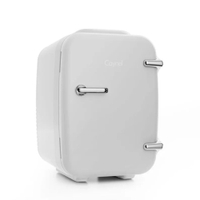When should you store cosmetics in the refrigerator? Our experts have the answer
Online influencers claim you should store cosmetics in the fridge to prolong their lifespan, but is this true?
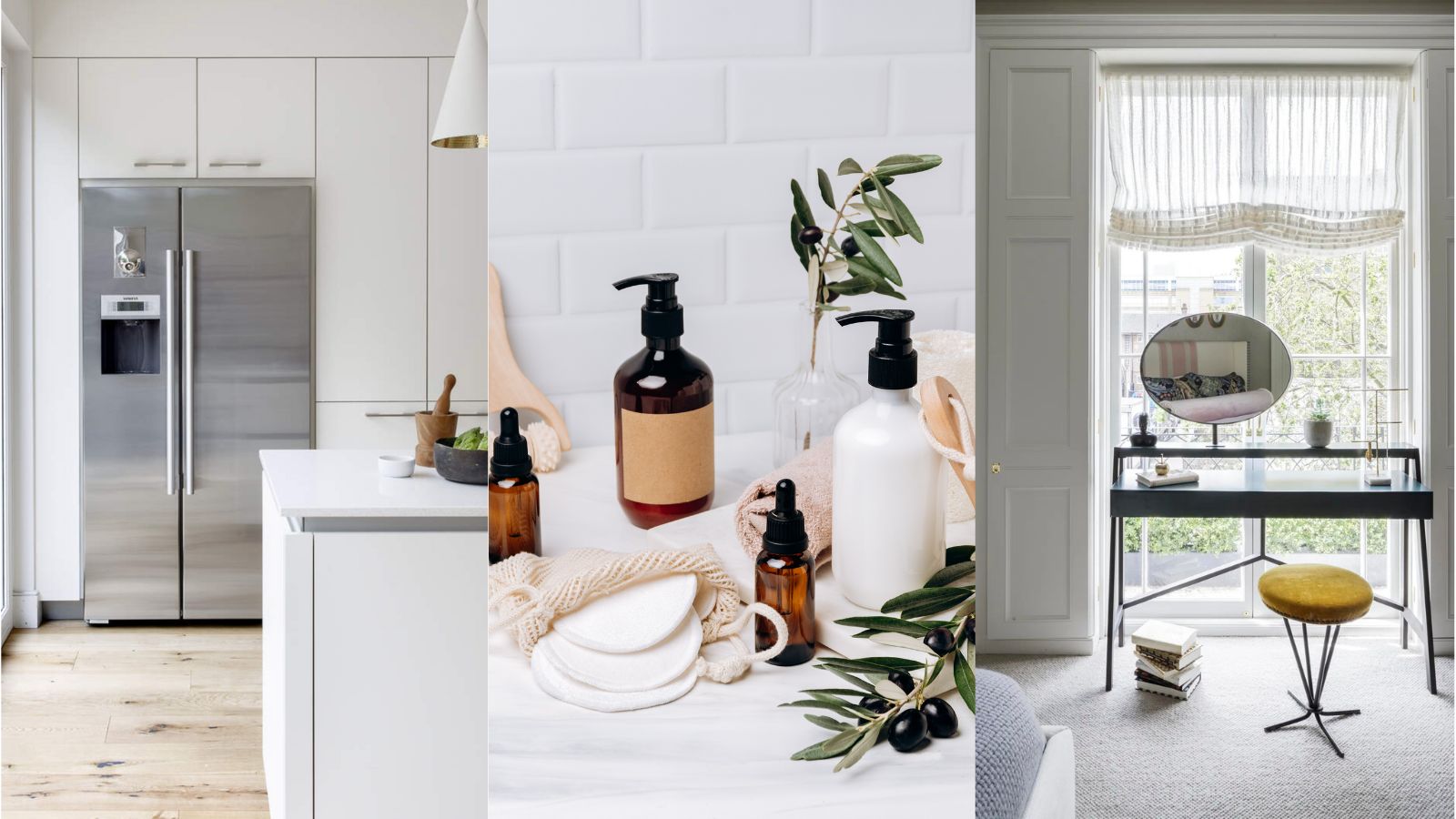
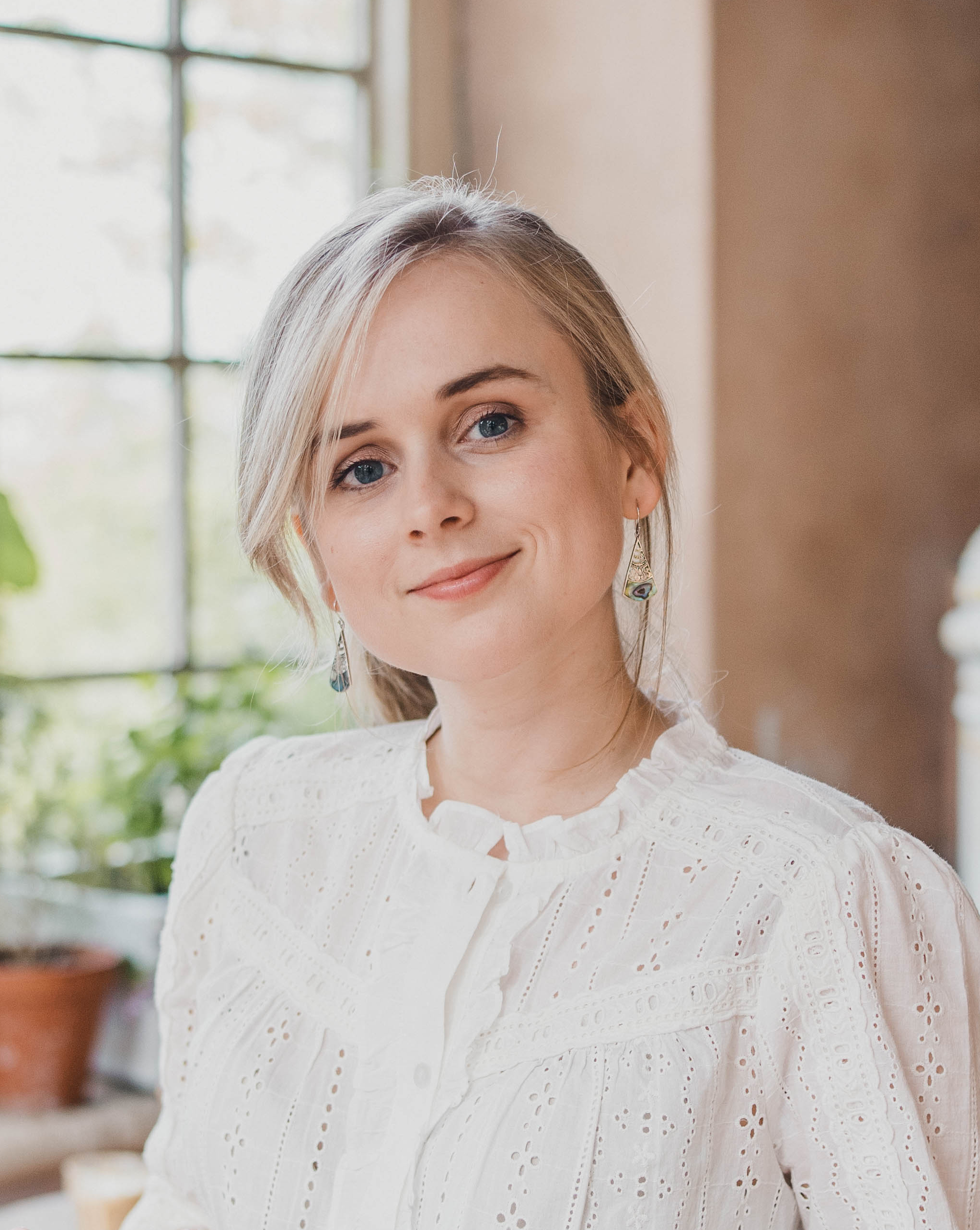
If TikTok beauty influencers are anything to go by, we should all be clearing out a shelf in our refrigerators to store our ever-expanding collection of beauty and skincare products. But how true is the claim that our makeup and cosmetics should be kept at cool temperatures?
From expensive creams and tonics to concealers and balms, it's hard enough knowing how to organize our cosmetics correctly, let alone how to store them in order to prolong their lifespan and retain their quality.
That's why we consulted professional MAUs and clinicians to get the lowdown on which makeup and skincare items need to be stored in the fridge and which can remain firm fixtures on our bedroom and bathroom vanities.
Should you store cosmetics in the refrigerator?
Is it time to invest in a mini fridge for your makeup room or vanity? The answer depends on the specific products in your collection. There's no one-size-fits-all rule here, so keep reading to discover what does and doesn't require a spot in your refrigerator.
Cosmetics that should be stored in the fridge
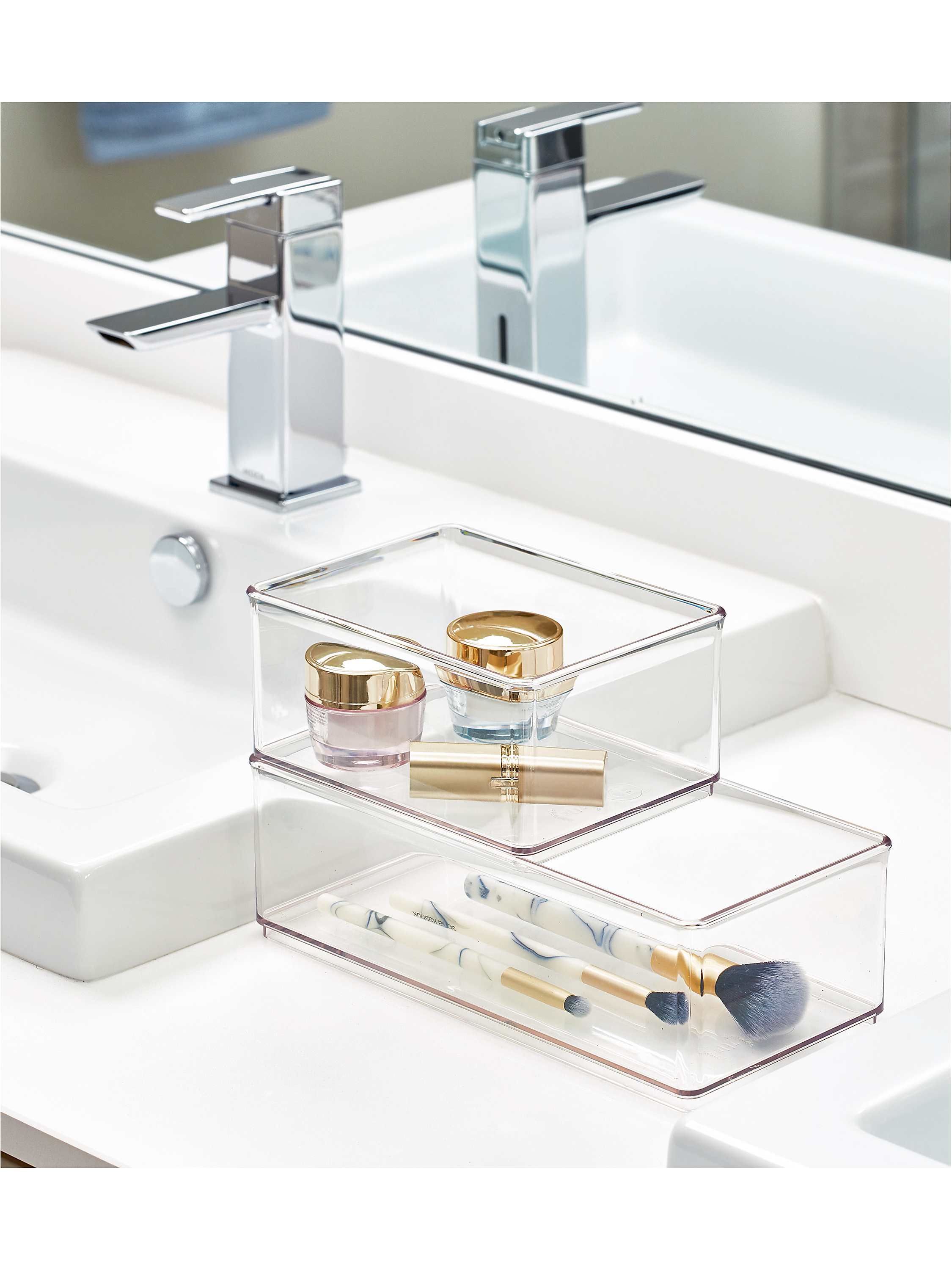
'Many skincare products do well in the refrigerator,' says Megan Steinberg, Master Cosmetologist at Alter'D Salon and Spa. 'Chief among them is eye cream. Applying cold eye cream can assist with depuffing the undereye area, and in hot, humid months, it just plain feels good. Also, any clean skincare items that don’t have the preservatives to help extend their shelf life will do great in the fridge because it helps keep the product fresher for longer.'
'Some cosmetics like liquid foundations, cream blushes, gel eyeliners, and any products in jars can be stored in the refrigerator to help them last longer,' adds Laura Pucker, Beauty Blogger at Pucker Up Beauty. 'The cool environment keeps formulas fresher for six months or more. Just make sure you let them come to room temperature before using, so they glide on smoothly.'

Laura Pucker is an experienced social media manager and creative content creator. In 2011, she set the gold standard for marketing with her company, BBE Marketing, and has since become an influential beauty guru with her own brand, Pucker Up Beauty. She offers tips and tricks to help people achieve a more confident look with sustainable products.
Portable 4 Liter Mini Cooler for Skincare
$57.99 from Wayfair
This eco-friendly mini fridge is designed for storing skincare and cosmetics. Its convenient size makes it easy to carry and store in the car, boat, or RV. Plus, it comes in 5 colors.
Along with the soothing quality of chilled face cream, there's a scientific reason behind storing skincare products in the fridge. Refrigeration can help preserve the potency of certain ingredients, especially those that are natural or organic, which may not contain strong preservatives. Cold temperatures slow down the degradation process of these ingredients, ensuring they stay effective for longer.
Some skincare formulations, such as vitamin C serums and retinoids, are sensitive to light and heat. Storing these products in a cool, dark place like a fridge can prevent them from becoming ineffective due to oxidation or breakdown. The cooler environment can also inhibit the growth of bacteria and other microbes in your products, especially those applied with fingers or directly from the container to the skin.
'If you're lucky enough to have a dedicated beauty fridge, you may also want to store some of your more natural/organic bath products in it to extend their shelf life,' adds Cheryl Fork, Founder of clean body care brand FORK & MELON. 'Nail polish can benefit from refrigeration as well as it slows the separation process.'
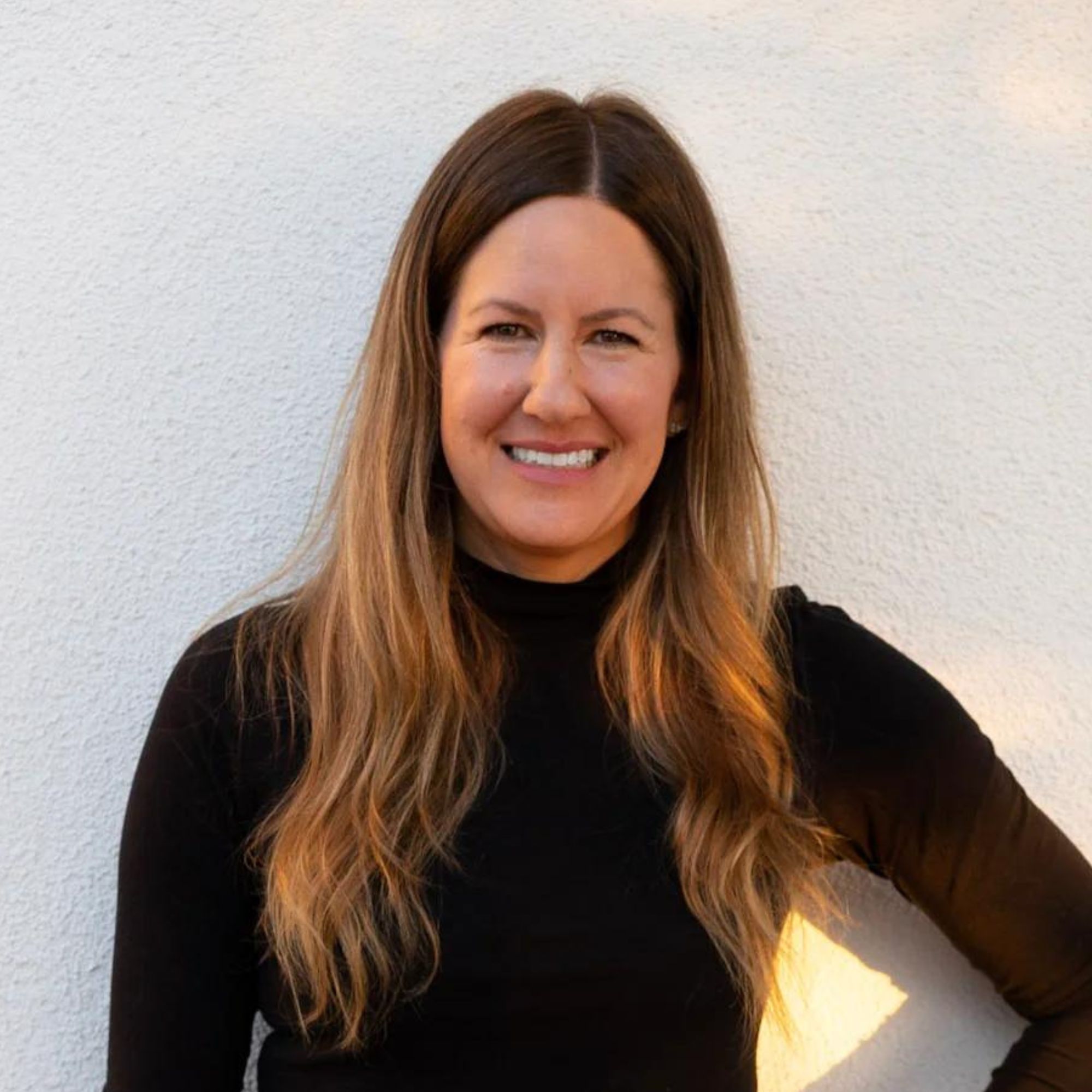
Cheryl Fork is the founder of FORK & MELON, a clean line of elevated skin and body care products, made with watermelon seed oil. She is also the author of SOAP AS FASHION, an intellectual style newsletter.
Cosmetics you don't need to store in the fridge
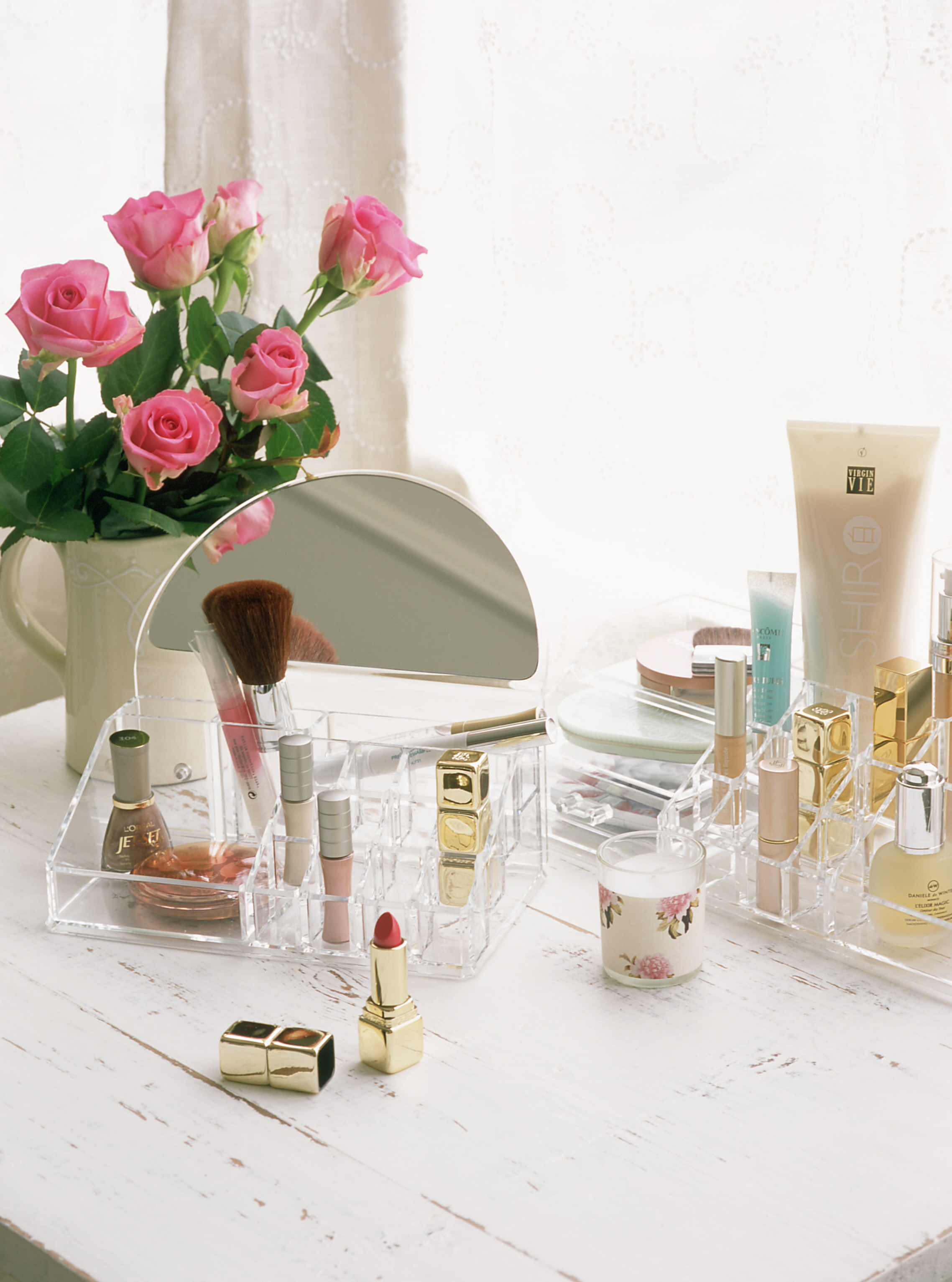
'If a specific storage temperature is not labeled, products should be kept at room temperature,' advises Valerie Aparovich, certified cosmetologist-aesthetician and Science Team Lead at OnSkin . 'You should also avoid placing them in humid surroundings and prevent their exposure to direct sunlight, as these are adverse factors disrupting the chemical and physical features of cosmetics. The lids should be closed tightly as prolonged exposure to air humidity can accelerate the breakdown and degradation of cosmetic products.'
Products that require you to unscrew the top to use should be ideally taken with a spatula or with clean hands only to avoid dirt and bacteria from trapping in the jar.

Valerie is a certified cosmetologist and aesthetician, clean beauty advocate, and practicing biochemist in the field of skincare. She specializes in topical cosmetic treatments, helps people build beneficial skincare routines and pick healthy and efficient cosmetic products, and researches cosmetic ingredients’ safety and impact on skin and overall health. Valerie is also Science Team Lead at OnSkin.
'Aside from eye creams and some skin products, I don’t store the majority of my products in the fridge,' says Megan Steinberg, Master Cosmetologist. 'I find that cooling a product down too much can affect its ability to blend, set, and wear like expected.'
Professional MUA Azesha Ramcharan agrees: 'I don’t think it’s really necessary to store cosmetics in the fridge unless they don’t have any preservatives at all among the ingredients. Most cosmetics have a preservative system in place as part of the formula.'
How can you tell if cosmetics are expired?
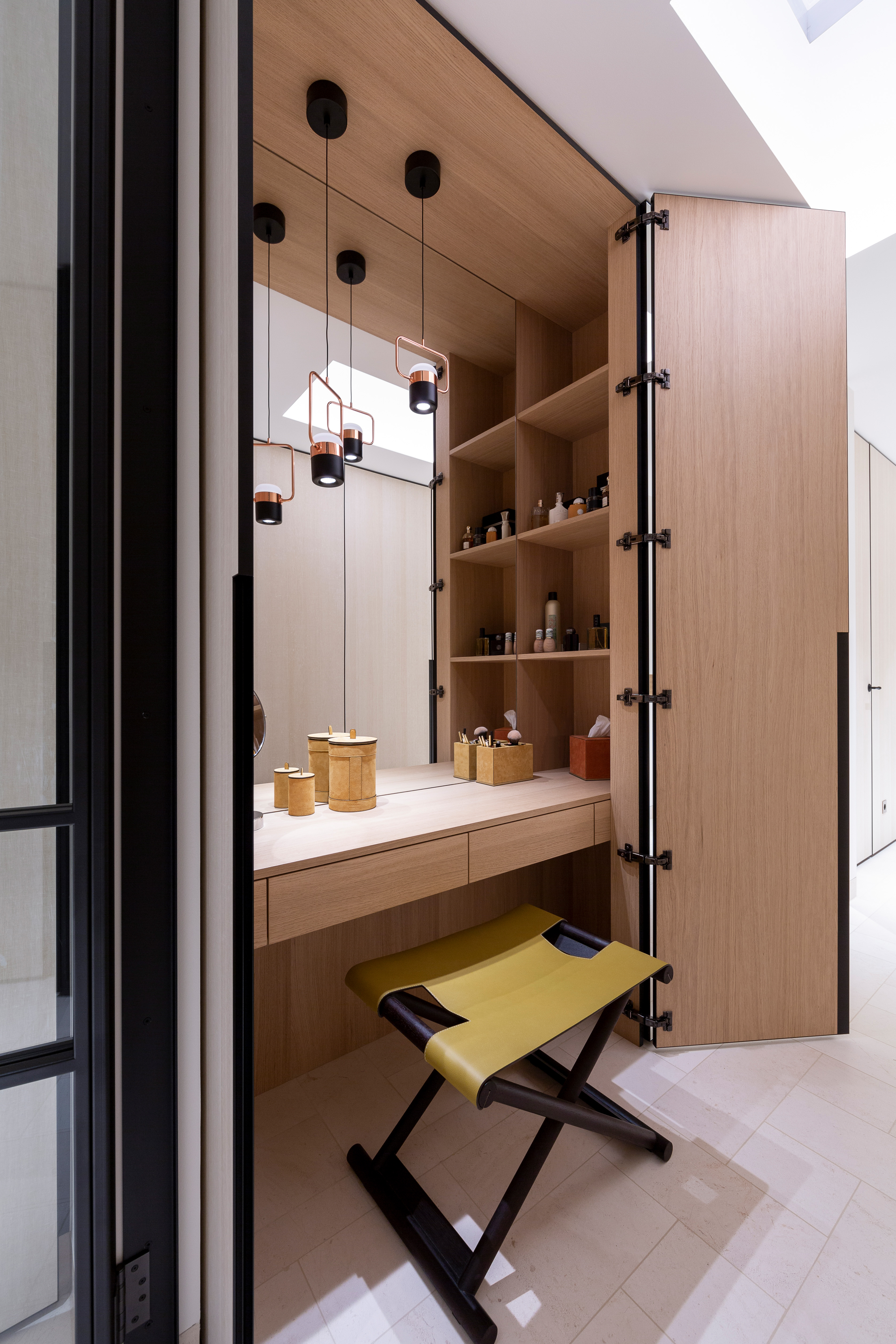
'The expected expiration date of cosmetics will depend on whether the product is sealed or opened,' explains Valerie Aparovich, certified cosmetologist-aesthetician. 'Therefore, the manufacturer indicates two types of expiration dates – BEFORE and AFTER you try the product.'
Usually, a cosmetic product’s shelf life before opening is between 2-3 years if the item has been stored according to standards (placed into an airtight jar, bottle, or tube, experienced no physical deformation, and has not been exposed to heat, frost, high humidity, or UV light).
'To determine how long your product is safe to use after you unseal it, look out for the PAO printed either on the packaging or the container itself,' says Azesha Ramcharan. 'PAO stands for 'period after opening'. The symbol looks like a little jar with an open lid and has a number of months, such as 6M, 9M, 12M. This number lets you know that after the designated time period, it’s best to replace the formula.'
'In most cases, if you comply with the instructions and store your cosmetics properly, the items should retain their quality,' Valerie continues. 'Nevertheless, sometimes cosmetic products can go out of date despite doing everything by the book. This can happen due to poor ingredient formulation, low-quality preservatives, or production mistakes.'
These are the signs cosmetics have expired or degraded:
- It may start to smell moldy or musty. Any change to the odor of the product could be indicative of decay or expiration.
- If the product becomes too liquid or, vice versa, thickens compared to its former state, there’s a high chance it’s no longer suitable for use.
- The same goes for the color – if the substance in the jar becomes visibly darker or lighter, the product might have broken down and is no longer what it was designed to be.
In addition to learning how to store and organize your makeup correctly, it's important to regularly clean and sanitize makeup brushes and sponges to prevent bacteria from developing. You wouldn't use expired cleaning products to clean your bathroom, so be just as vigilant with your skin.
Sign up to the Homes & Gardens newsletter
Design expertise in your inbox – from inspiring decorating ideas and beautiful celebrity homes to practical gardening advice and shopping round-ups.

Gabriella is a freelance contributor for Homes & Gardens. She is a DIY enthusiast and a lover of all things interior design, often found antiquing or browsing the aisles of her local hardware store. She has a particular passion for historic buildings and is in the process of renovating a Victorian coachhouse in the countryside.
For much of the past decade, Gabriella has worked as a freelance writer, crafting copy for national publications and renowned homeware brands. Most recently, she worked for Homebuilding & Renovating Magazine and is the former Head of Solved at Homes & Gardens, focusing on case studies for the magazine and website, as well as writing features about issues surrounding historic and listed building projects.
-
 Bryce Dallas Howard's bedroom is the most creative, social space in her entire home – she uses 'conversational seating' to create a multifunctional 'salon'
Bryce Dallas Howard's bedroom is the most creative, social space in her entire home – she uses 'conversational seating' to create a multifunctional 'salon'The actress's bedroom doubles as a home office thanks to its clever layout and furnishings, proving that this area is much more than a sleep space
By Hannah Ziegler
-
 7 questions to ask yourself before moving house – realtors promise answering these questions will prevent buyer's regret
7 questions to ask yourself before moving house – realtors promise answering these questions will prevent buyer's regretDon’t make your move harder, ask these questions before moving to avoid mistakes
By Chiana Dickson
